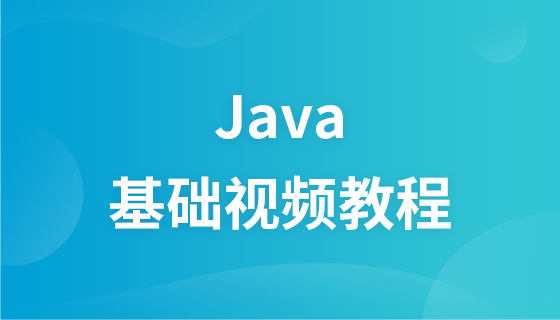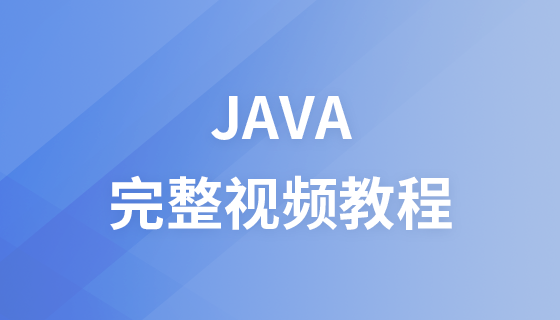
i 是先賦值,再運算, i是先運算,再賦值。
實例如下:
package com.test;
/**
* @author Administrator
* @date 2018/6/9
*/
public class TestAdd {
public static void main(String[] args) {
int a = 0;
int b = a++;
int c = ++a;
System.out.println("a:" + a);
System.out.println("b:" + b);
System.out.println("c:" + c);
}
}int b = a ; 表示先把a的值賦值給b,再計算 1。
int c = a; 表示先計算a的值 1,然後把a的值賦值給c。
如果沒有變數接收 a 或 a的值,單純的使用這2個 運算,結果沒有任何差別。
同樣a--和--a也是一樣的道理。
推薦教學:java快速入門
以上是java中i++與++i的差別的詳細內容。更多資訊請關注PHP中文網其他相關文章!


